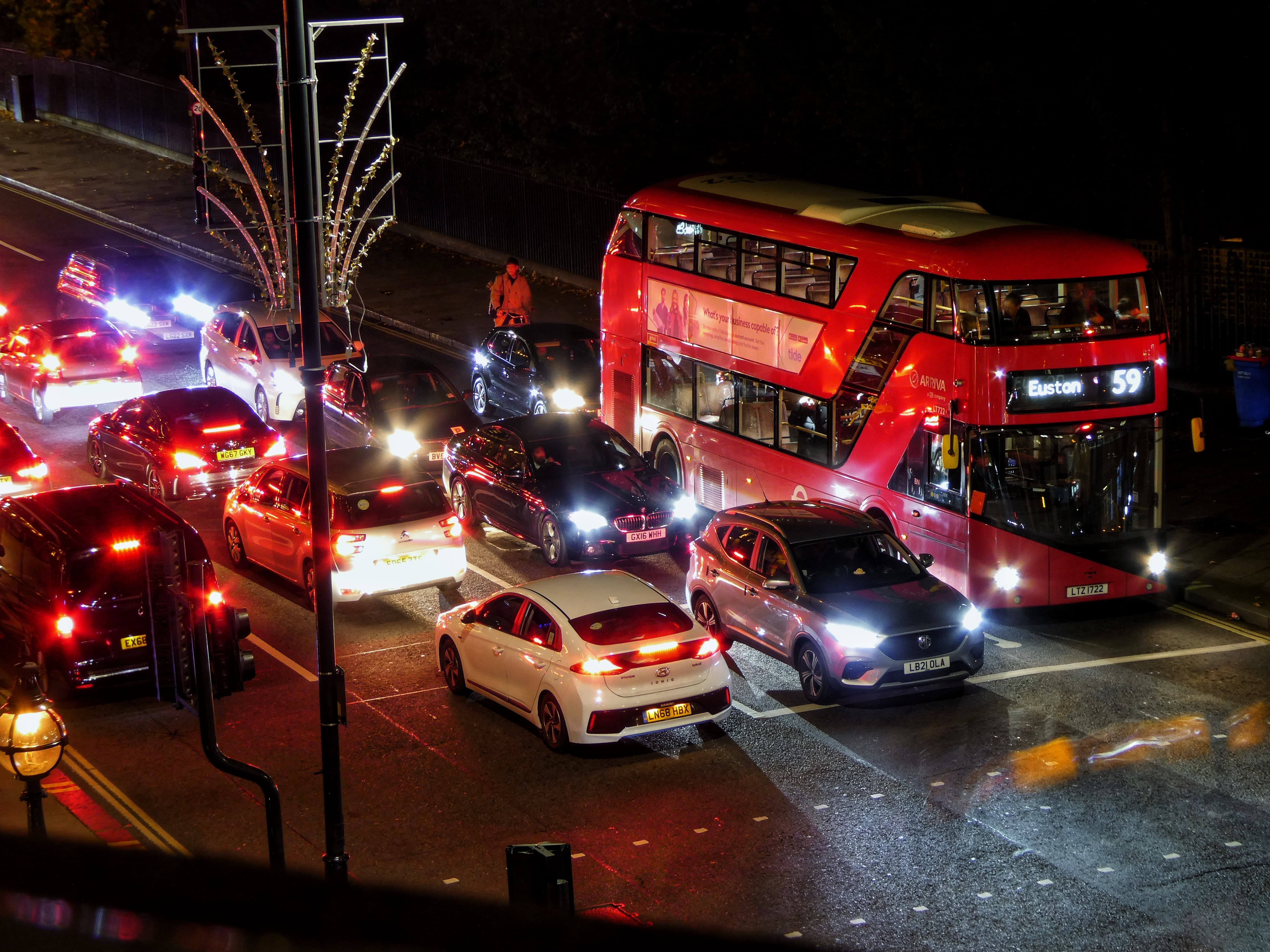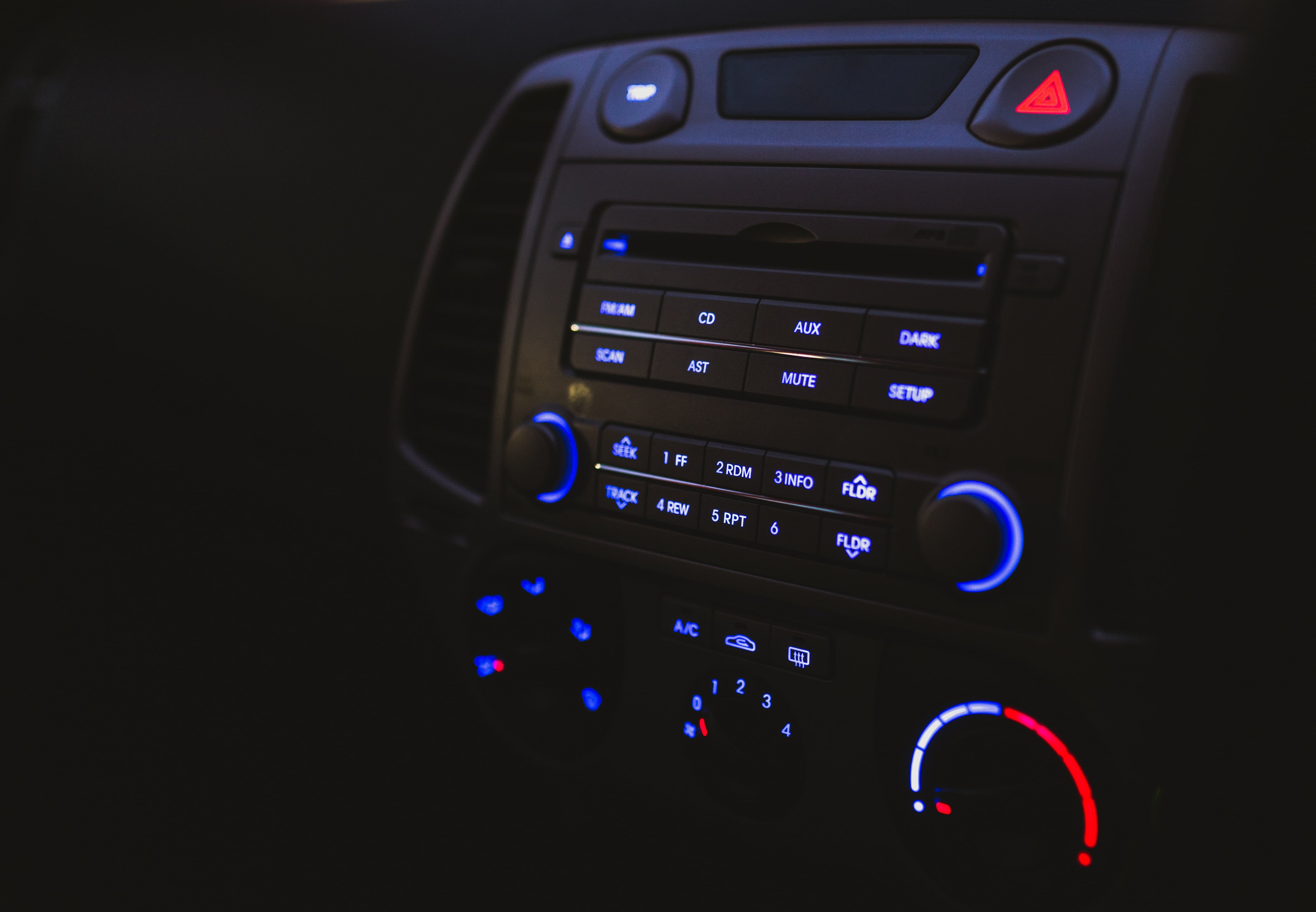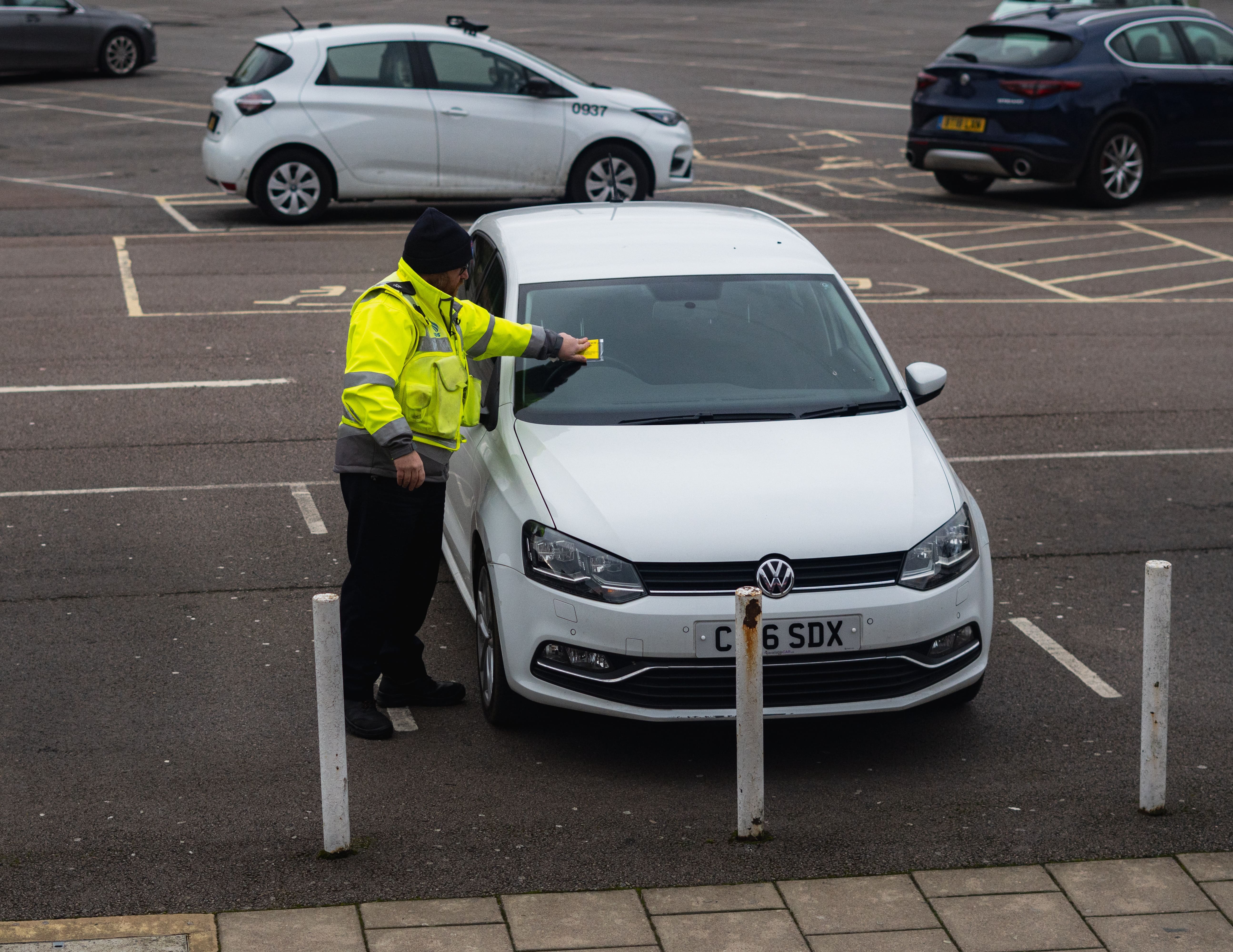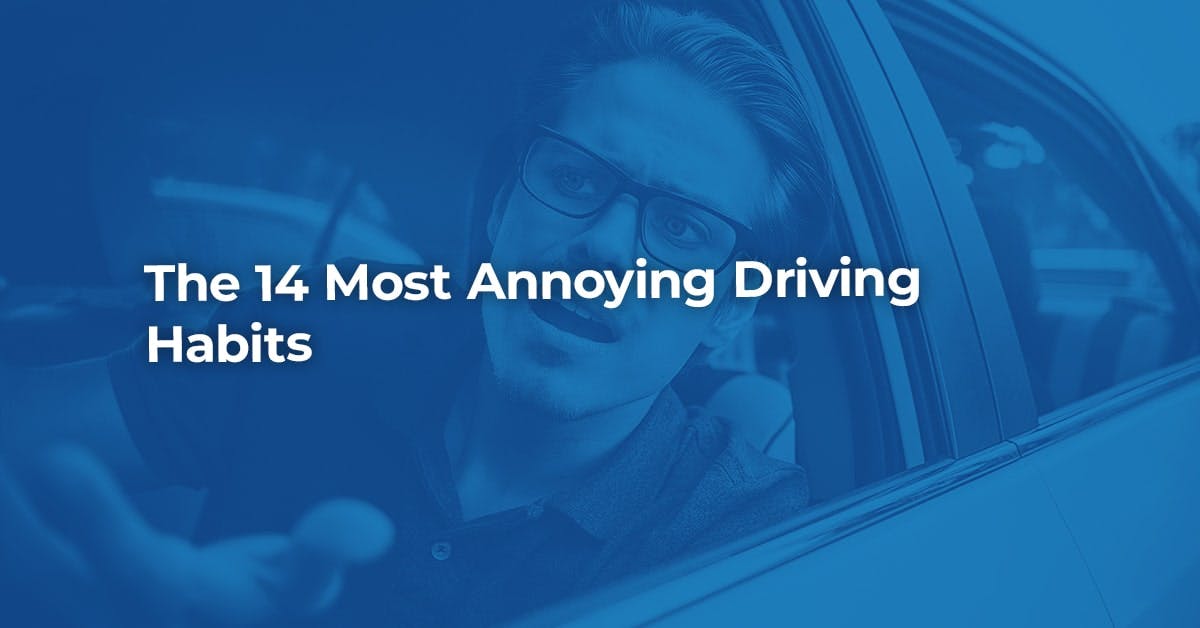We all have pet peeves when it comes to other drivers. Everything from driving too slowly to driving too fast can put us in a bad mood.
Whether you’re a new driver just starting out or you’ve been driving for so long you’ve forgotten what it was like to learn, you need to know about these driving habits.
Read on and familiarise yourself with 14 of the most annoying driving habits exhibited by UK drivers today.
Page Contents
- Not Indicating
- Harsh Braking
- Changing Lanes in Slow Traffic
- Hogging the Middle Lane
- Parking Over Two Spaces
- Stopping People Zip Merging
- Queuing For Right-Hand Fuel Pumps
- Playing Loud Music
- Braking For Average Speed Cameras
- Speeding
- Slow Drivers
- Bickering with Traffic Wardens
- Leaving Full Beams On
- Tailgating
- Can Bad Driving Habits Damage Your Car?
Not Indicating
When you indicate, you give a warning to other road users that you are about to make a manoeuvre.
This, in turn, can help other drivers figure out their next move, which is why it is so important that you indicate that you are about to change direction.
Please know that signalling does not give you priority, and you should never assume that other road users will give you space just because you’ve indicated.
Remember to turn your indicators off after you complete each manoeuvre.
Harsh Braking
Harsh braking isn’t just annoying for those around you, it can also have a negative impact on the vital components in your vehicle.
Sudden braking can wear out the anti-lock braking system, tyres, brake hoses, and drive shaft. This can even cause the brake pads to overheat, which can put stress on the suspension and warp the rotors.
If you notice a squeaking or crunching sound when you break – or your steering wheel shakes when you brake – then sudden braking could be hurting your car.
To avoid harsh braking, try and keep your legs close to the brakes, brake early, and release pressure on the brakes gently.
Changing Lanes in Slow Traffic
You may think that changing lanes in slow traffic will get you to your destination quicker, but this isn’t true.
Consider staying in the same lane so that you don’t impede the flow of traffic.

Hogging the Middle Lane
According to the Highway Code, you should drive in the left-hand lane when the road ahead is clear
Middle lane hogging is when a vehicle stays in the middle lane for longer than necessary – even when there aren’t any vehicles in the inside lane to overtake.
If the roads are busy, then middle-lane hogging can lead to traffic congestion which could otherwise be avoided.
As practical motorway training isn’t part of a UK driving test, you may have never learned how to drive on a motorway and may be guilty of this habit if you feel nervous driving on a busy road as a new driver.
Whilst there are certain circumstances in which it is acceptable to stay in the middle-lane for longer, middle-lane hogging is classed as ‘careless driving’ and you could earn 3 penalty points on your licence and a £100 fine if you do so.
Parking Over Two Spaces
Every time you get out of your car, look at your parking. If you notice that your car is encroaching on the next space, be considerate of other drivers and move your car inside the lines.
Stopping People Zip Merging
Recommended by the Highway Code, zip merging is a safe way to keep the flow of slow traffic moving.
Zip merging allows two lanes of traffic to join together, whilst drivers can take turns merging into the new lane.
You might think you’re doing the right thing by moving across early, but it is actually more helpful to keep both lanes of traffic moving until the point of merging.
It reduces the likelihood of accidents on the roads, reduces queue lengths, and allows people to merge safely, which is why it is important that you don’t stop people from zip merging.
Queuing For Right-Hand Fuel Pumps
Some drivers choose to wait until a pump becomes available on the fuel tank side of their car.
This can cause a queue to form and won’t make you popular with other drivers.
Given that the majority of pumps will reach across your car, it shouldn’t matter which side you pull up to refuel – as long as you park close enough.
Playing Loud Music
Whilst driving can be a lot of fun, blasting your favourite song out the window can be distracting for other drivers.
Make sure you play your music at a reasonable volume, so you don’t annoy fellow road users.

Braking For Average Speed Cameras
Average speed cameras will clock your speed over the distance since the last camera, meaning that driving above the limit and then braking for the camera or changing lanes won’t work.
Instead, try and be mindful of your speed throughout your journey.
If the camera determines that you have been driving over the limit, you could be fined £100 and incur 3 penalty points on your licence.
Speeding
Speeding is classed as an offence – one which could land you a £100 fine and 3 penalty points on your licence.
Not only can you give other drivers and pedestrians a fright, but you could also cause an accident if other drivers have to adjust their next move in response to your actions.
You may be offered a speed awareness course instead of a penalty if you are caught speeding up to 10% above the limit – provided you haven’t completed a speed awareness course in the last three years.
Slow Drivers
Whilst driving too quickly can be just as irritating to witness, slow drivers can cause a long queue of cars to build up.
The drivers in these cars can lose their patience and may take risks or make reckless decisions in response.
Bickering with Traffic Wardens
If a traffic warden issues you with a ticket, they can’t rescind it. Arguing with them won’t help the situation – after all, they don’t make the rules.
Do your best to accept the situation and be on your way.

Leaving Full Beams On
Your car’s full beam headlights are designed to be used on unlit stretches of road at nighttime – not in the middle of a bright, sunny day.
You must turn your full beam headlights off as they can be dazzling to other drivers and pedestrians.
Tailgating
When your car gets too close to the rear bumper of the car in front, this is known as tailgating.
If the vehicle in front of you brakes hard then you could be involved in a collision.
Stay safe by leaving enough space between your car and the one in front and behind – this will give you time to respond to the movements of the vehicles around you.
Can Bad Driving Habits Damage Your Car?
Not only will bad driving habits annoy your fellow road users, but they can have a lasting impact on your vehicle's overall health.
If you rest your hand on the gearstick, you could be unintentionally applying pressure to the selector fork and causing premature wear and tear which could eventually lead to gearbox failure.
To combat this, make sure that you keep both hands on the steering wheel whilst driving. This will help you to stay in control of your vehicle, and allow you to respond quickly in an emergency.
Likewise, 'riding the clutch' can wear down the clutch pedal and lead to a costly clutch replacement.
Resting your foot on the clutch pedal will cause the clutch to partially engage, resulting in unnecessary slippage and friction between the clutch components.
Not to mention that this can lead to a decrease in fuel efficiency and could eventually lead to complete clutch failure.
Time for a clear out? Overloading your vehicle beyond your car's maximum load weight can place additional strain on the brakes and suspension. If you're planning on cleaning your car soon, consider clearing the clutter whilst you're at it?
Are you guilty of any of the above habits? Let us know in the comments!






